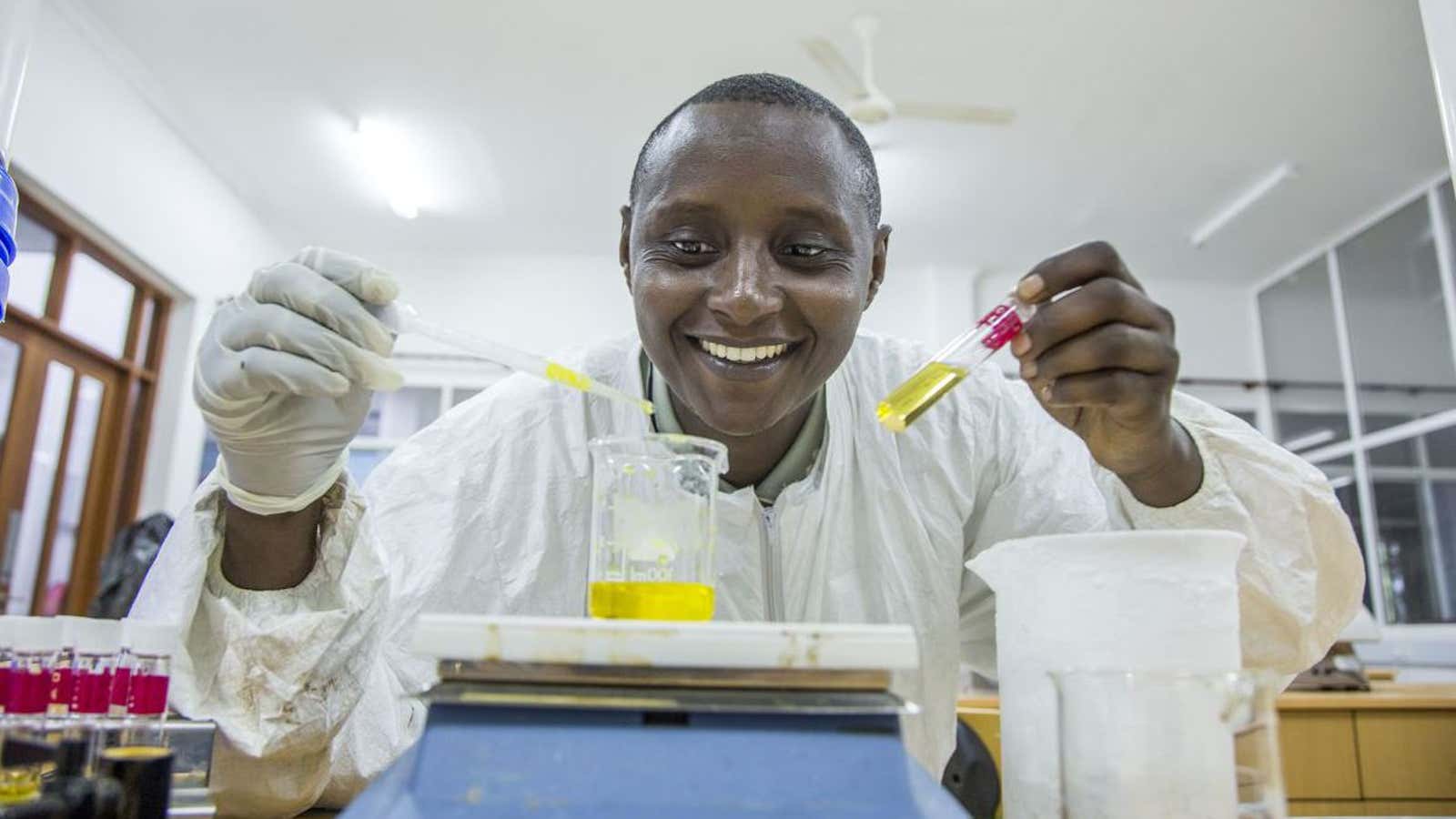African countries are automating their intellectual property registration (IP) processes, making it easy for their enterprising citizens to secure and transform their innovations into marketable assets. The process could play a role in changing the continent’s fortunes as individuals and organizations find it less cumbersome to secure and commercialize their innovations.
After the success of its pilot in Kenya, the online intellectual property registration system is now being replicated across 18 other African countries, an initiative that tech giant, Microsoft is backing in partnership with IP authorities in those nations.
The system was first developed and tested by Microsoft’s 4Afrika initiative and the Kenya Copyright Board (Kecobo) in June 2015 through the IP Hub platform. Its roll-out elsewhere in Africa replaces the lengthy and costly manual processes that involved submission of paper-based applications, which then took long for validation before the submissions were approved or rejected. The manual procedures largely kept many African countries at the bottom of the global chart of intellectual property registrations, denying the continent an opportunity that would have arisen from securing and commercializing their innovations.
But, Louis Otieno, a director at Microsoft4Afrika is optimistic that the faster online process of protecting Africa’s innovations will support the continent’s wealth creation and development.
“Every country in Africa is committed to accelerating its economic growth and becoming globally competitive. The monetization of innovation is key and an early step is the registration of the intellectual property,” Otieno said in an emailed statement to Quartz.
The protection of intellectual property, which typically includes patents, trademarks, copyrights or design rights, is critical in enabling small businesses to get ahead of the competition, generate investment and support expansion into new territories. However, a lot of innovations in Africa often fizzle out before they are protected and commercialized due to the lengthy, costly and bureaucratic processes involving IP registration.
Despite holding great promise as a frontier for innovation, investment and impressive economic growth, Africa has had a poor record of creating and protecting intellectual property. A report (pdf) by the World Intellectual Property Organization (Wipo) shows applications for patent registrations in Africa stood at 14,900 in 2014 (from 10,100 in 2004) against a global total of 2.7 million in 2014 (from 1.57 million in 2004). In Africa, South Africa accounted for half of the applications in 2014. Africa’s share of the global patent applications was a dismal 0.6% in 2014, and remained unchanged in the 10-year period.
Critics such as University of Ottawa law professor and consultant Chidi Oguamanam believe Africa needs to pull up its socks by aggressively supporting initiatives to advance the protection of its intellectual property if the continent is to fully benefit from the creative potential of its citizens, as he writes on his personal blog.
“Not many dispute the observation that for more than a century, African states have participated in intellectual property rights regimes with little or nothing to show for it in terms of economic development and transfer of technology … Africa is literarily missing in action at global fora on IP and its cultural and regional interests are under-argued,” Oguamanam observes.
Notwithstanding the low levels of intellectual property protection, Africa experienced a positive shift in its innovations landscape according to the 2015 Global Innovation Index (pdf). Mauritius, South Africa and Senegal, which topped the Sub-Saharan Africa rankings last year, broke into the upper half of the rankings, with low-income nations of Rwanda, Malawi and Mozambique punching above their weight by performing at par with middle-income economies. With the number innovations in Africa increasing, the urgent need to protect such novelties will only serve to make the continent competitive like other global peers.
